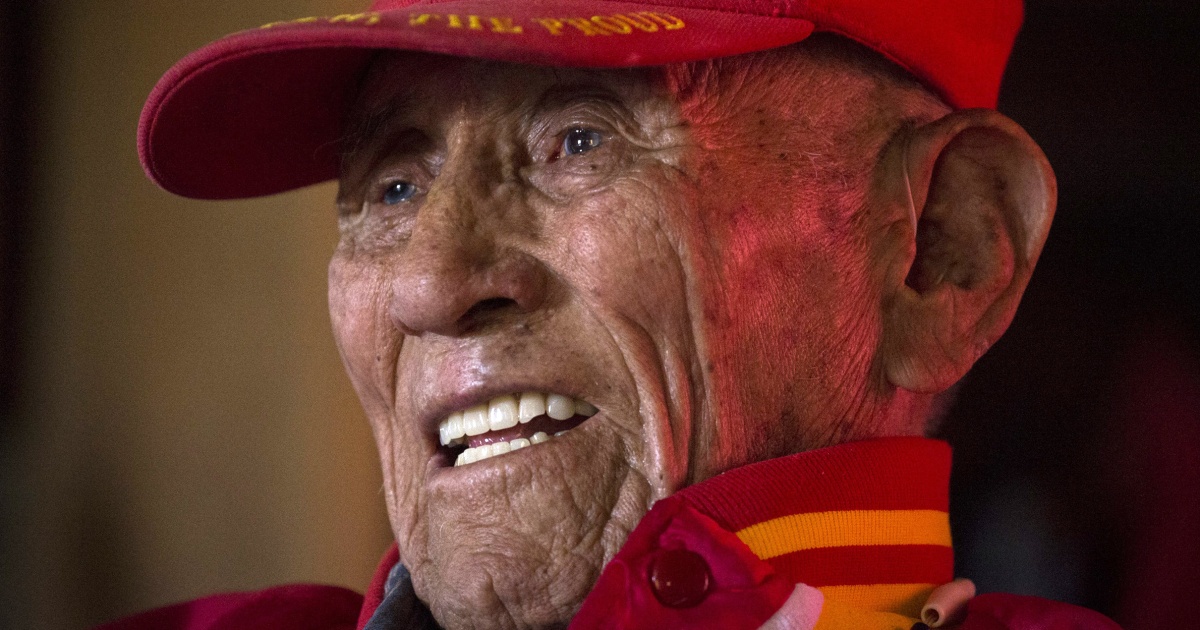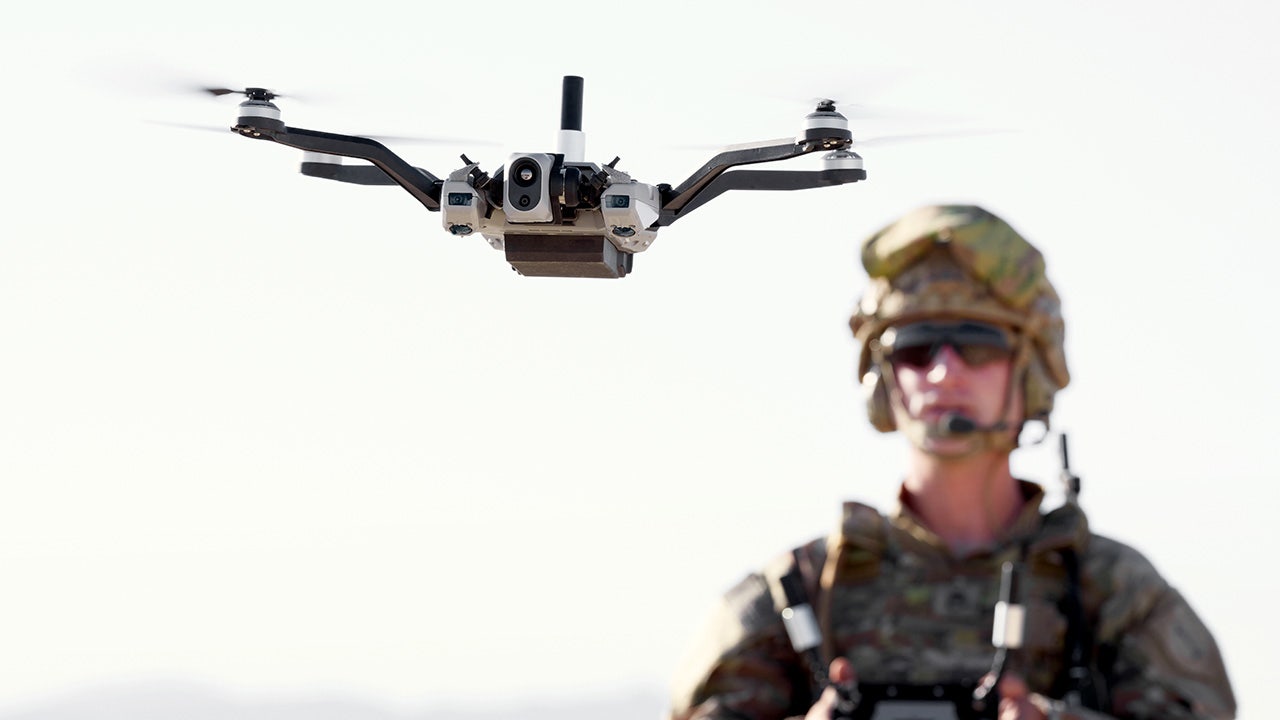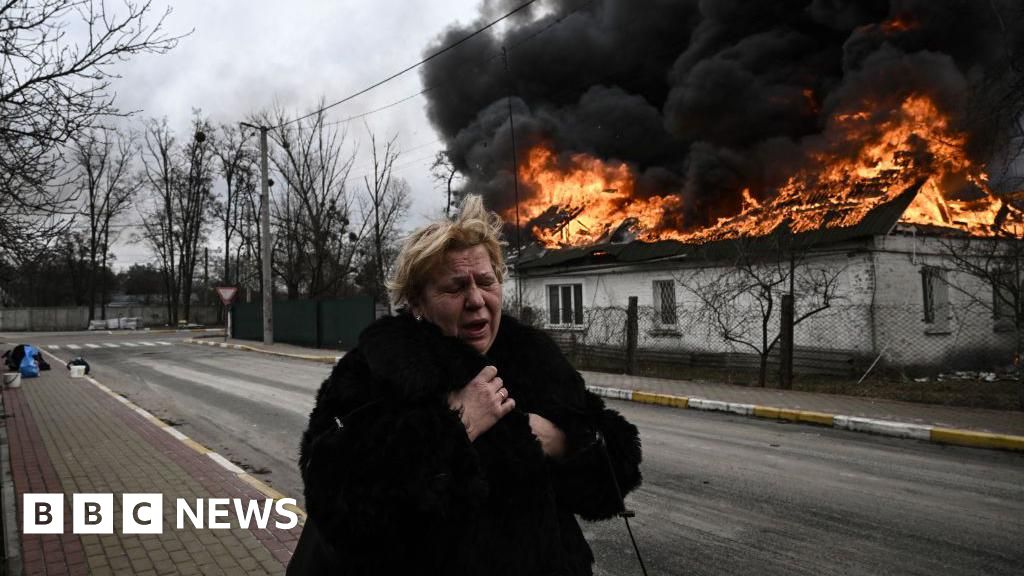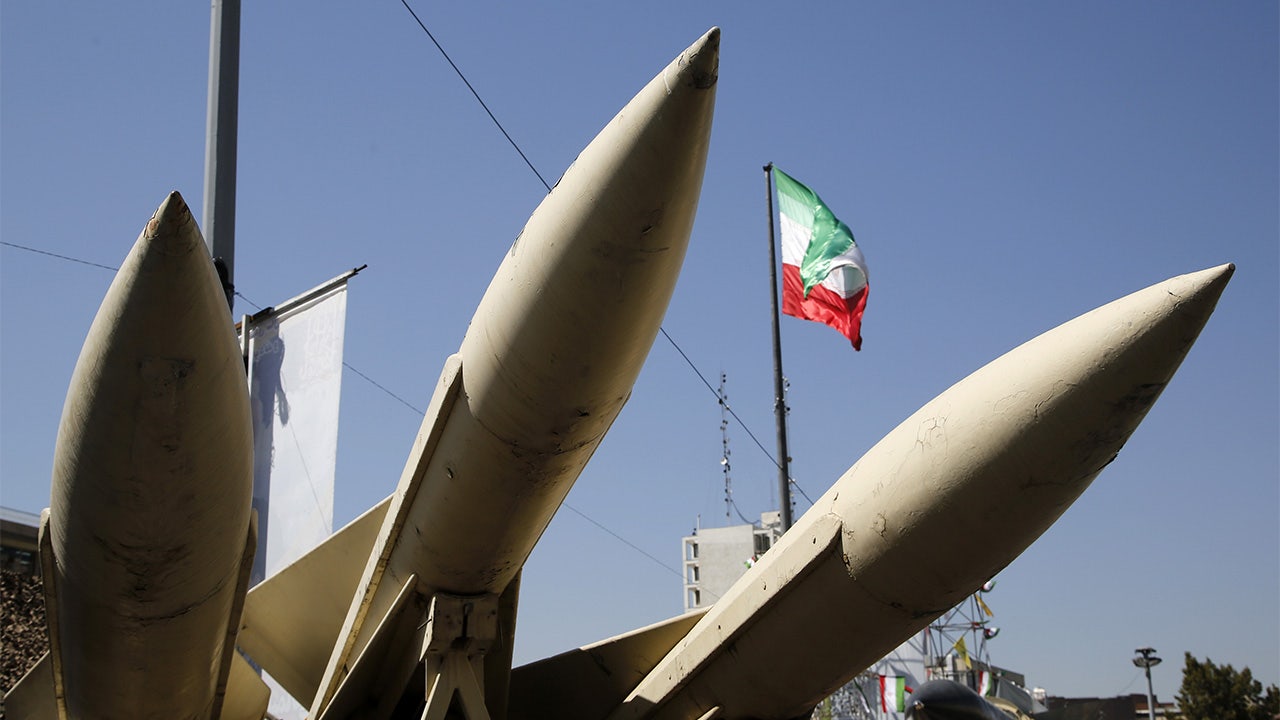World
Navajo code talker, who played crucial role in WWII, dies at 107

One of the last Navajo Code Talkers, who helped secure an Allied victory in World War II by sending crucial messages in a code based on the Navajo language, has died.
Tributes from family and both local and military officials poured in for John Kinsel Sr, who died Saturday at the age of 107 and was hailed as a brave and accomplished man.
“On behalf of the entire Navajo Nation, our Navajo veterans and service men and women, First Lady Jasmine Blackwater-Nygren and me, we extend our sincerest condolences and prayers to the family of Mr. Kinsel,” Navajo Nation President Buu Nygren said announced on social media.
“Mr. Kinsel was a Marine who bravely and selflessly fought for all of us in the most terrifying circumstances with the greatest responsibility as a Navajo code talker. He fought alongside his brothers in arms, for the U.S. Marine Corps, for the United States and to protect the Navajo Nation in a time of war,” he added.
Nygren ordered all flags on the Navajo Nation be lowered to half staff on Sunday and not to be raised for a week.
The Navajo Code Talkers were a group of Navajo tribe members who served in the Marines, transmitting coded messages in their native language that even the most skilled Japanese codebreakers couldn’t crack.
The code talkers transmitted information on troop movements, tactics and orders and participated in every assault the Marines conducted in the Pacific from 1942 to 1945, proving vital in the takeover of Iwo Jima, according to the U.S. Navy.
The code based on Navajo, a complex language, and assigned a Navajo word to English key phrases and military tactics.
“This system enabled the code talkers to translate three lines of English in 20 seconds, not 30 minutes as was common with existing code-breaking machines,” according to intel.gov.
The code had to develop military terms that didn’t exist in Navajo such as “besh-lo,” meaning iron fish for submarine, and “dah-he- tih-hi” meaning hummingbird for fighter plane.
The 2002 film “Windtalkers” directed by John Woo is based on the Navajo Code Talkers.
Kinsel’s son, Ronald Kinsel, had shared the news of his father’s passing with the president saying in a statement:
“Cheii passed early this morning in his sleep,” he said. “The howling wind brought his parents and relatives that came for him early dawn today. He used to keep asking if it snowed yet. He was waiting for the first snow to take his spiritual journey. Moisture lifted his footprints this morning.”
“He lived a very long, full and accomplished life. What he and the other Code Talkers accomplished changed the course of history, and will always be remembered, and I will continue to tell his legend and greatness,” he added.
Kinsel was born in Cove, Arizona, spent his life dedicated his life to the rights and recognition of Indigenous people in Navajo community of Lukachukai, and died peacefully in his sleep, the Navajo Times reported.
In his long life, in which he never left his hometown, he attended many ceremonies and events honoring code talkers, and shared stories of his time as serving in the war with younger generations, the paper reported.
After graduating high school, Kinsel enlisted in the Marine Corps in the fall of 1942. From 1943 to 1945, Kinsel served in Iwo Jima, Guam and Bougainville Island in the Pacific. Though he was not at the front lines, he had the critical role of “coming up with codes and transcribing messages,” according to a biography by the Department of Veteran Affairs.
Kinsel received a Purple Heart in 1989 and a Congressional Silver Medal for his service as a Navajo code talker in 2001.
Following Kinsel’s death, there are now only two surviving Navajo Code Talkers: Former Navajo Chairman Peter MacDonald and Thomas H. Begay, The Associated Press reported.










